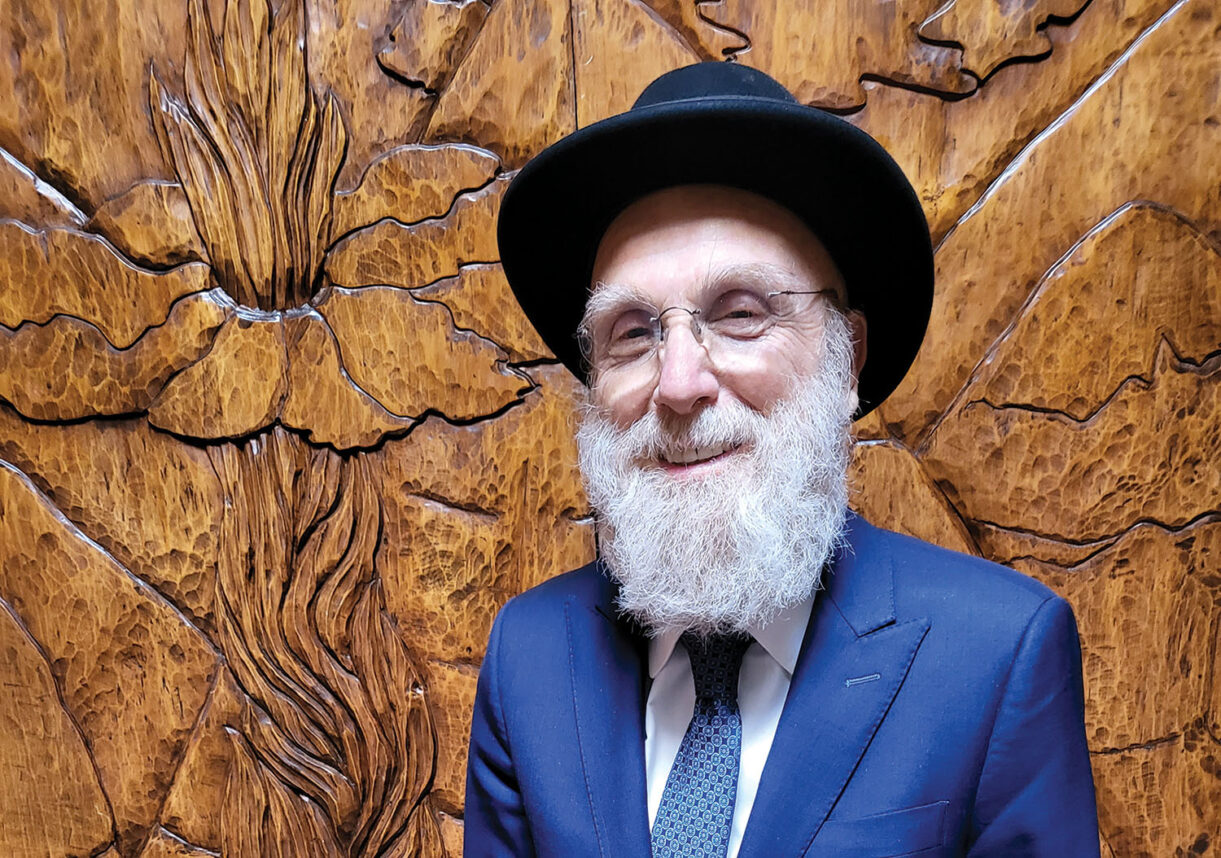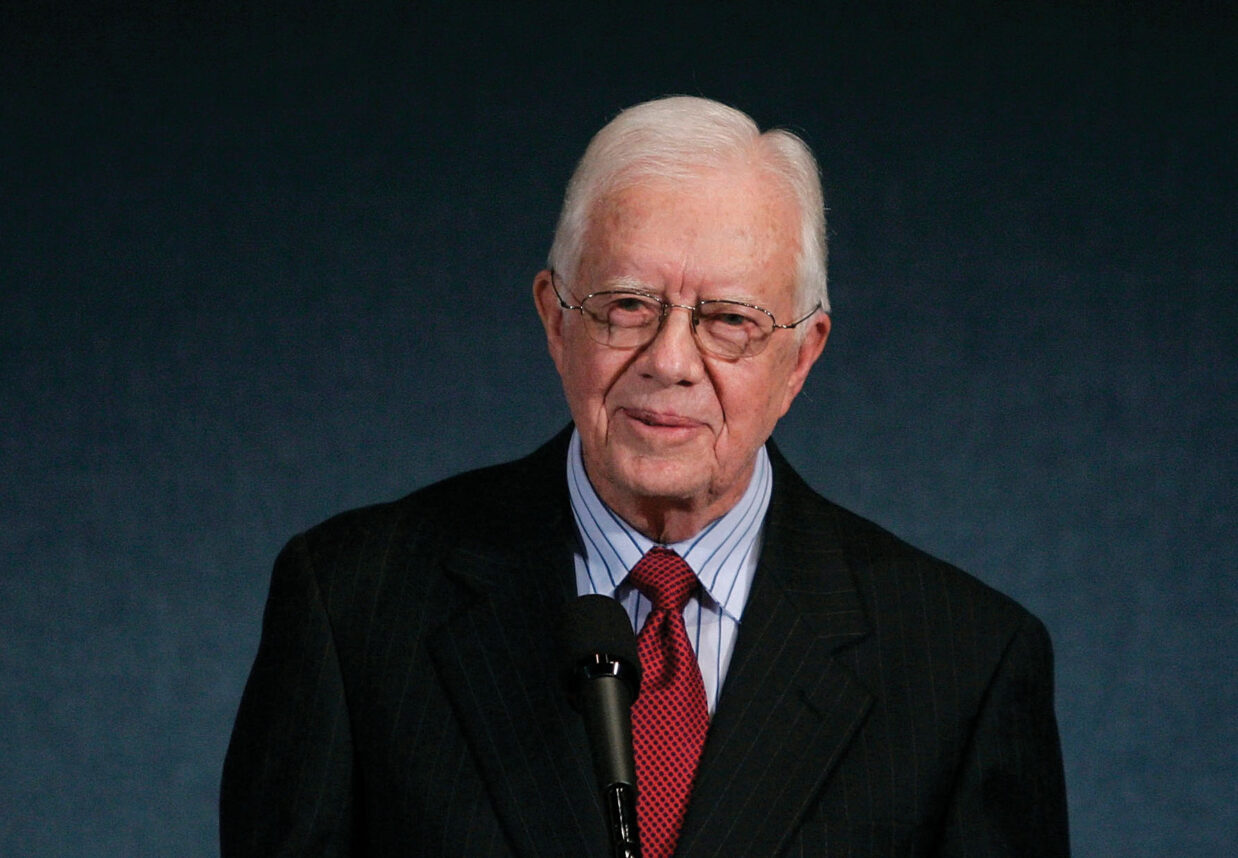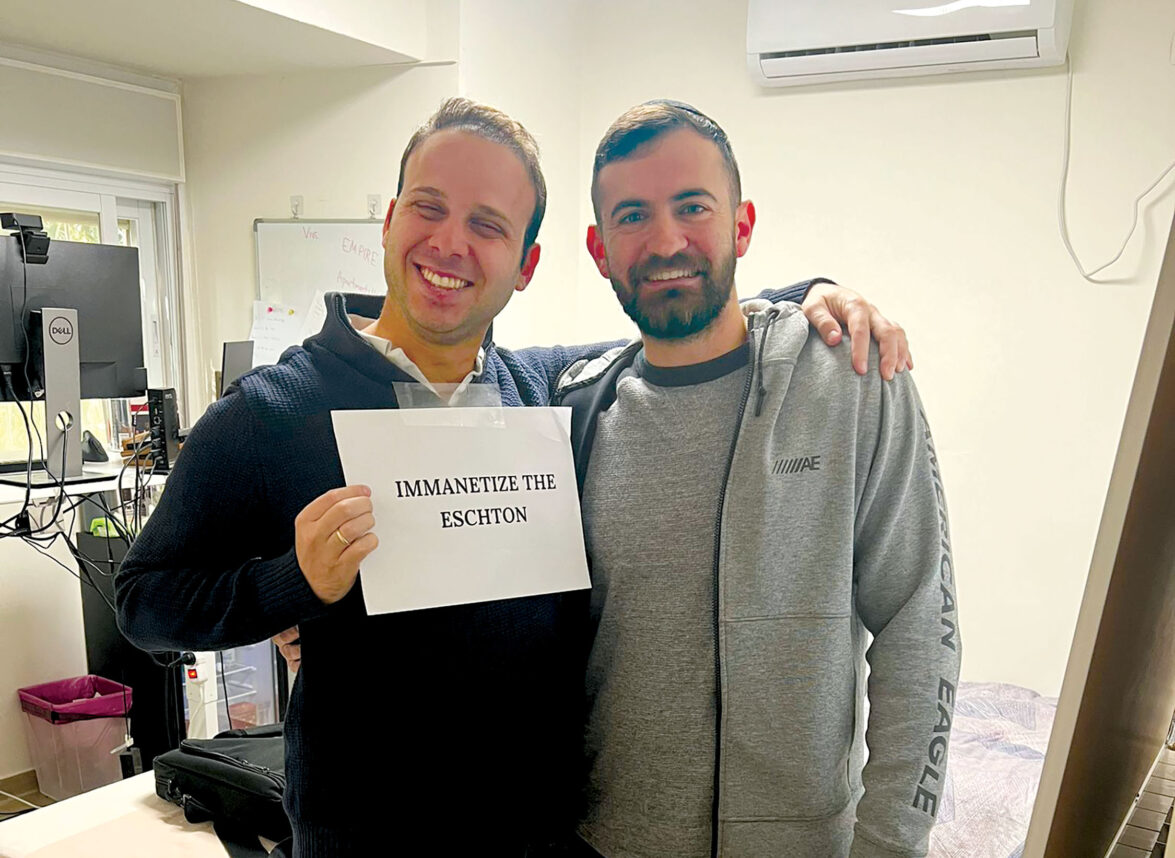
A Jew writes with a Jewish pen
and sees with Jewish eyes,
until he intermarries when
the Jewish spirit dies.
Yet lots of Jews would like to think
a Jew will always be
a Jew, regardless of his link
to lifestyles that are free.
Most sadly, this is hardly true,
for once homogenized,
the Jew no longer is a Jew
except when fictionalized,
described by someone who is trying
to find a pintel Yid
in those whose Jewishness is dying,
extinguished, God forbid,
but resurrects when he discovers
in a forgotten freezer
between old volumes’ dusty covers,
his genius’s genizah.
Lives based on Jewish intellect,
revealed on rotuli,
in documents whose dialect
is multicultural, can be
found not in a dry genizah
but in the big wide world,
where they in freedom – in no freezer
where time’s frozen – unfurled,
and, blowing east into the west,
combine as on rotuli,
and multi-culturally live as Fest-
ive schriften, lively, bodily.
In “Waste not, want not: A lively study of Cairo state documents preserved by their use as scrap paper,” TLS, 7/2/21, Christian Sahner, Associate Professor of Islamic history at the University of Oxford, reviewing “The Lost Archive: Traces of a caliphate in a Cairo synagogue” by Marina Rustow, writes:
………. The documents at the heart of Rustow’s book are hardly unknown to Geniza scholars. Yet most have been studied only with an eye to their Jewish contents. Rustow’s revolutionary proposal is literally to flip over these documents and look at the other side. For on the back of countless paper fragments bearing lines of Jewish liturgical poetry, sermons, or passages from the Bible is the discernable scrawl of Arabic-speaking Muslim bureaucrats. How decommissioned state documents found their way from the chancery to the synagogue is the central question of this superb study.
Gershon Hepner is a poet who has written over 25,000 poems on subjects ranging from music to literature, politics to Torah. He grew up in England and moved to Los Angeles in 1976. Using his varied interests and experiences, he has authored dozens of papers in medical and academic journals, and authored “Legal Friction: Law, Narrative, and Identity Politics in Biblical Israel.” He can be reached at gershonhepner@gmail.com.























 More news and opinions than at a Shabbat dinner, right in your inbox.
More news and opinions than at a Shabbat dinner, right in your inbox.